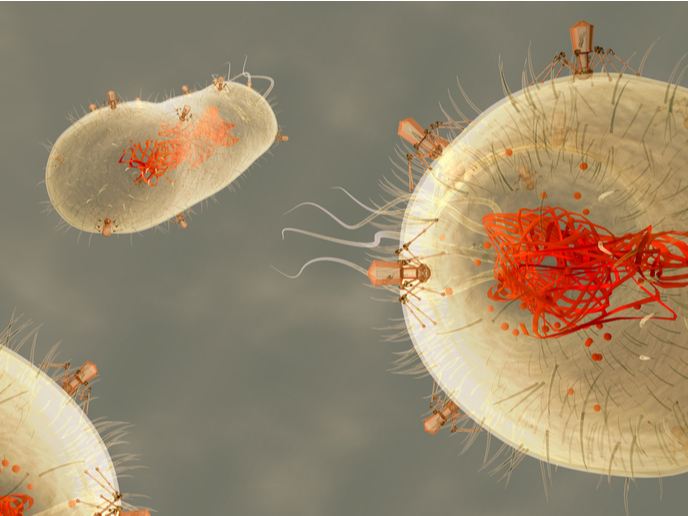Mutated enzymes produce novel compounds
Terpenes are a broad class of plant-produced compounds commercially valuable as health-modifying compounds, building blocks for more complex molecules and essential oils. They can by synthesised using the oxidosqualene cyclase (OSC) enzyme family. The EU-funded TRICYCLE project aimed to understand how changing the structures of OSC enzymes could alter the terpene compounds they produce. They used a technique called catalytic landscaping to achieve this. Researchers studied a large number of OSC enzymes to identify which amino acid residues (the building blocks of proteins like these enzymes) were involved in the catalysis of terpenes. This analysis revealed eight amino acids that controlled which terpenes were made by the OSC enzymes. Using this information, TRICYCLE created a number of mutated enzymes by changing these amino acids. The mutated enzymes were expressed in yeast, and researchers studied the resulting terpene products. They found that just a few mutations in the OSC enzymes resulted in major changes in the types of terpenes produced. Additionally, several of the altered enzymes produced never-before-seen terpenes. This research could prove very valuable in the search for potential new drugs. In addition, it has improved our understanding of terpenes, an important class of plant-produced compounds.







